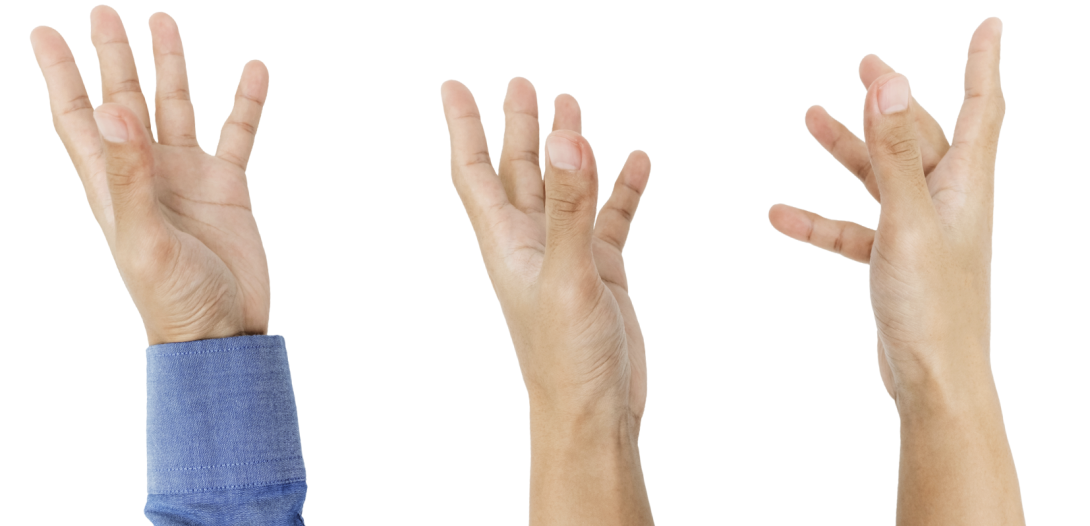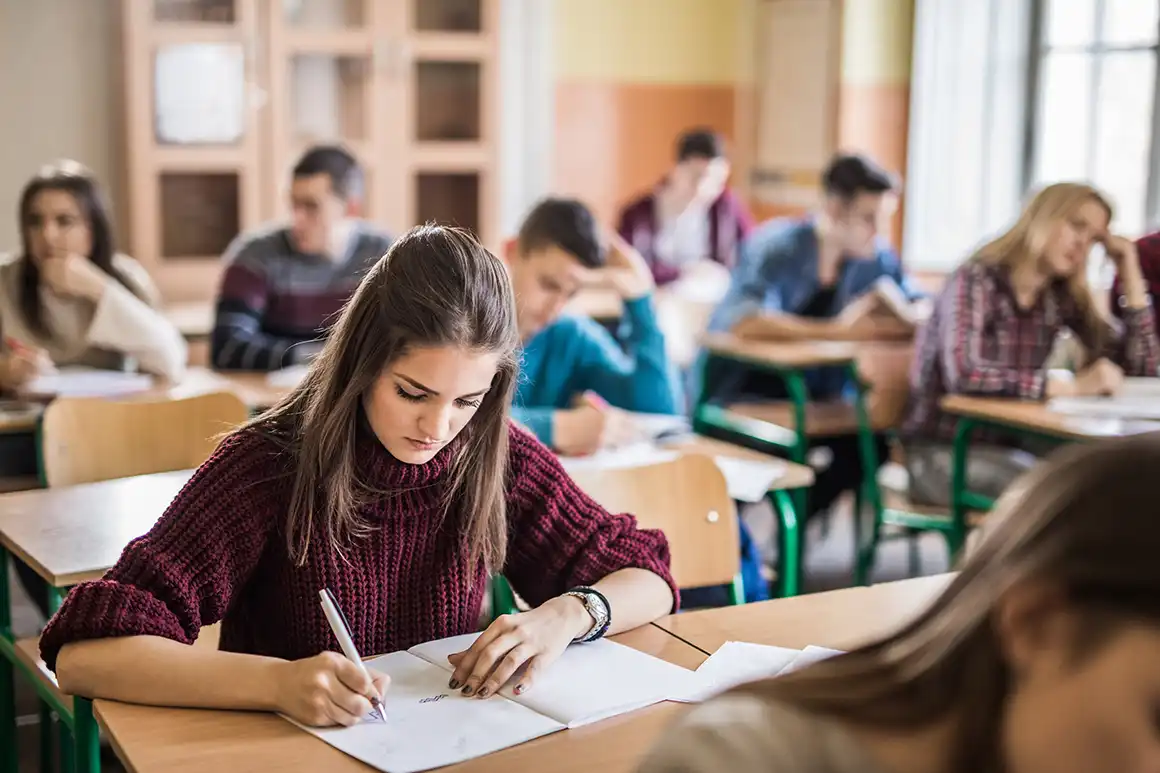
3 tools to help addicts
The role of society and people around the addicted patients is crucial in the recovery process. These are the organisations playing a key role in this area.
Addictions and the abusive use of drugs or toxic substances are a problem which requires tools to seek help, as well as to prevent and treat behavioural dependencies.
To achieve this, there are several actions, including hospital services, which are available to all citizens, the active role of the family and the environment and, finally, education in schools. In fact, according to EDADES, 90 % of the population believes that providing education in schools about this health crisis would largely resolve the situation.

Hospitals
1 of 3
Are essential to start any treatment for any disease. Public institutions covering this service are designed and framed within the National Drugs Plan, which has resources for attending and monitoring people addicted to drugs. The first step is visiting the general practitioner, who will refer the patient to the addictive behaviour unit of the corresponding province. There, they will evaluate the case and propose a treatment that, depending on the diagnosis, will be referred to an outpatient treatment centre, a detoxification clinic or a therapeutic community.

Family
2 of 3
Plays a crucial role in the recovery of those suffering from addiction. The emotional and psychological strain of the process is very important, and the area most affected is the communication area. Also, misinformation and lack of knowledge about how to manage a situation prevents the affected person from receiving effective help. A good approach is to be aware about the rules and guidelines proposed by the medical centre, as well as an active communication with the medical centre to inform about the difficulties that may arise, without intervening in the patient’s autonomy.

Education
3 of 3
Finally, education is the most powerful tool to prevent this social problem, as it is the place where young people spend most of their time, and school environment provides a reflection and a model of young people’s behaviour. The use of psychoactive substances can manifest itself through student behaviour, such as underachievement or unexcused absences, along with antisocial or violent behaviour. In addition, collaboration between schools and health care organisations can promote active awareness.




